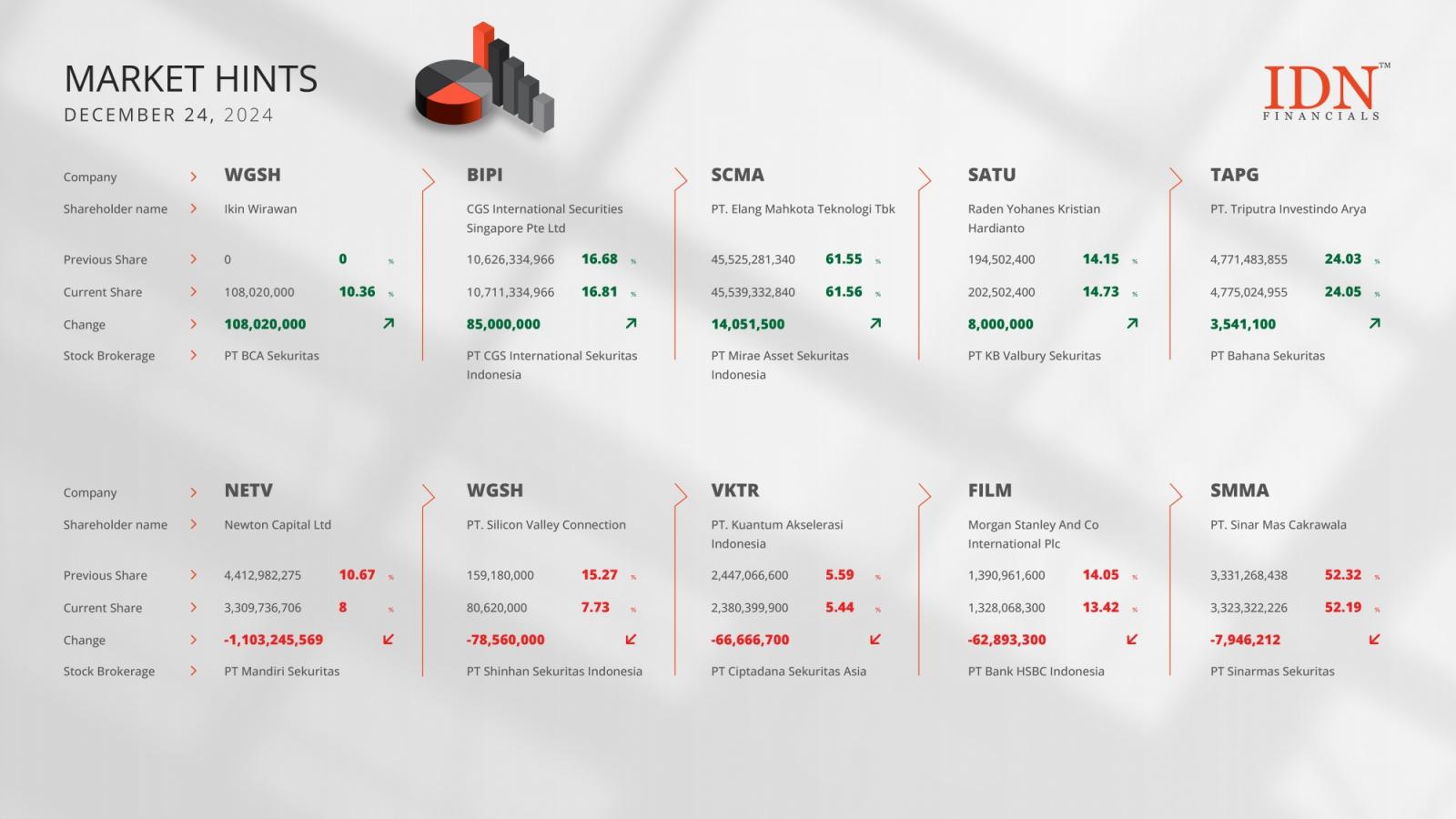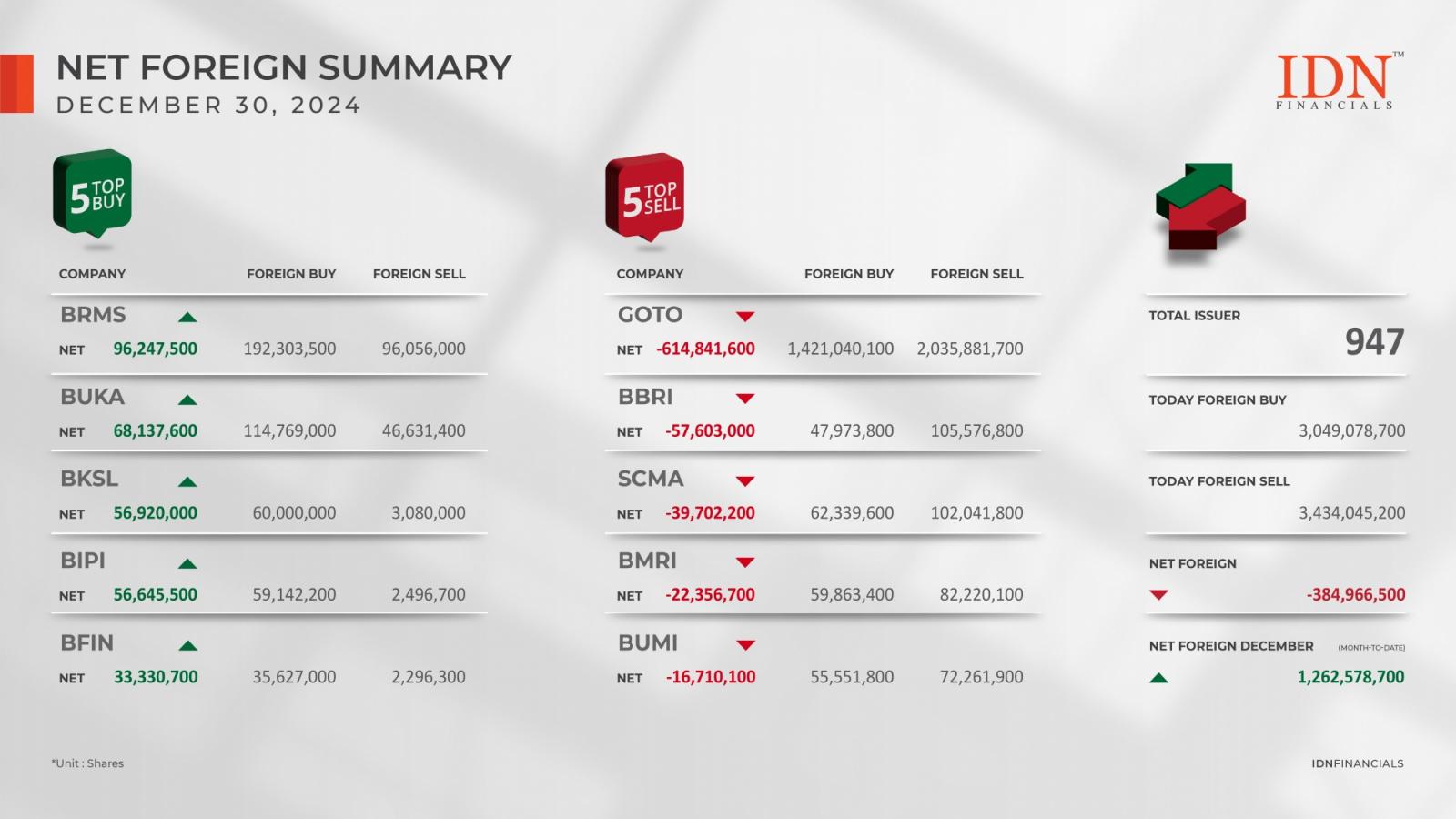
The euro area private sector expanded the most in nearly a year in April as the continuing downturn in the manufacturing activity was offset the strength in the service sector, flash survey results from S&P Global showed on Tuesday.
The composite output index registered 51.4 in April, up from 50.3 in March. The reading stayed above economists\' forecast of 50.8.
The private sector expanded for the second month in a row in April after a continual decline over the nine months to February. The score signaled the strongest growth since last May.
Service sector output expanded for a third consecutive month with the pace of expansion strongest since eleven months, while manufacturing output shrank for a thirteenth straight month.
New orders for services advanced at the fastest pace since last May but orders for manufactured goods declined at an accelerated rate.
Employment grew for a fourth month in a row after two months of marginal declines at the end of 2023. The rate of net job creation accelerated to the highest since last June.
Manufacturing supplier delivery times shortened for a third successive month and improved to the greatest degree since last August.
Both input costs and average selling prices increased at faster rates in April. At composite level, input costs posted the joint-fastest rise seen over the past year.
Selling price inflation accelerated from March\'s four-month low and stayed above long-run average.
Business expectations about the coming twelve months cooled slightly but was the second highest recorded over the past 14 months, the survey showed.
\"…our GDP forecast suggests a 0.3 percent expansion in the second quarter, matching the growth rate seen in the first quarter, both measured against the preceding quarter,\" Hamburg Commercial Bank chief economist Cyrus de la Rubia said.
The PMI figures are poised to test the European Central Bank\'s willingness to cut interest rates in June as input costs increased amid higher oil prices and higher wages. Nonetheless, the ECB is expected to cut rates in June, the economist noted.
\"However, we doubt that the central bank will adopt a \"pragmatic speed\", as suggested by Francois Villeroy de Galhau from the ECB. Instead, we expect a more cautious approach,\" Rubia said.
Further, the survey showed that solid growth outside of France and Germany was again reported. Germany returned to growth in April and France moved closer to stabilization.
Germany\'s private sector expanded for the first time in ten months in April underpinned by a solid rise in services activity.
The flash composite output index rose more-than-expected to 50.5 in April from 47.7 in the previous month. The reading was seen at 48.6.
The services PMI posted a ten-month high reading of 53.3 in April, up from 50.1 in the previous month. Economists had forecast the index to climb to 50.6.
At 42.2, the manufacturing PMI rose moderately from 41.9 in March but remained below forecast of 42.8.
Driven by the renewed expansion in the service sector, France\'s flash HCOB composite output index hit an 11-month high of 49.9 from 48.3 in the previous month.
While services activity expanded for the first time since May 2023, the accelerated decline in manufacturing output weighed on the pace of overall expansion.
The services PMI registered 50.5, which was the highest score in eleven months. The score was forecast to climb to 48.9 from 48.3 in February.
By contrast, the manufacturing PMI dropped to a three-month low of 44.9 from 46.2 a month ago. The expected score was 46.9.





